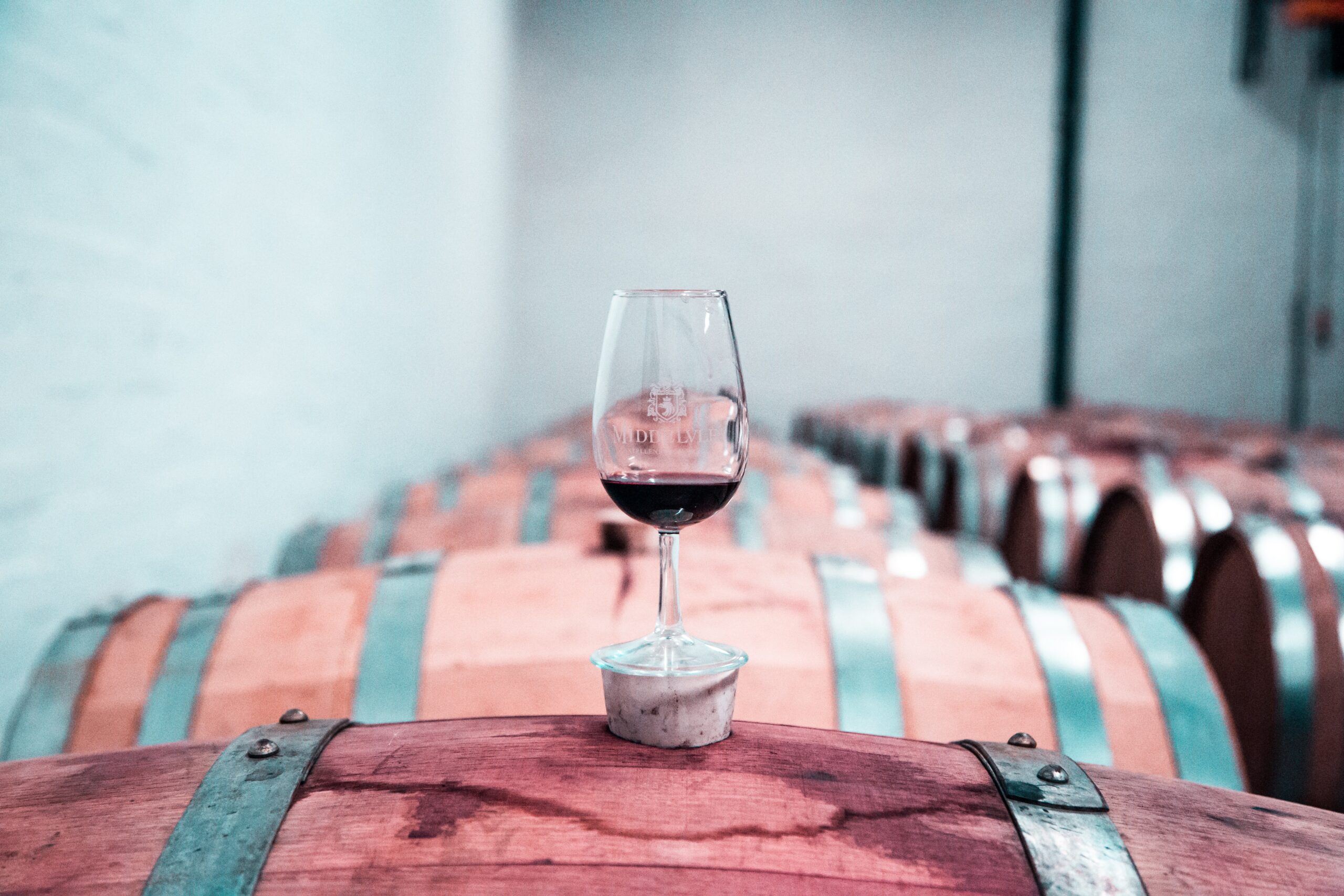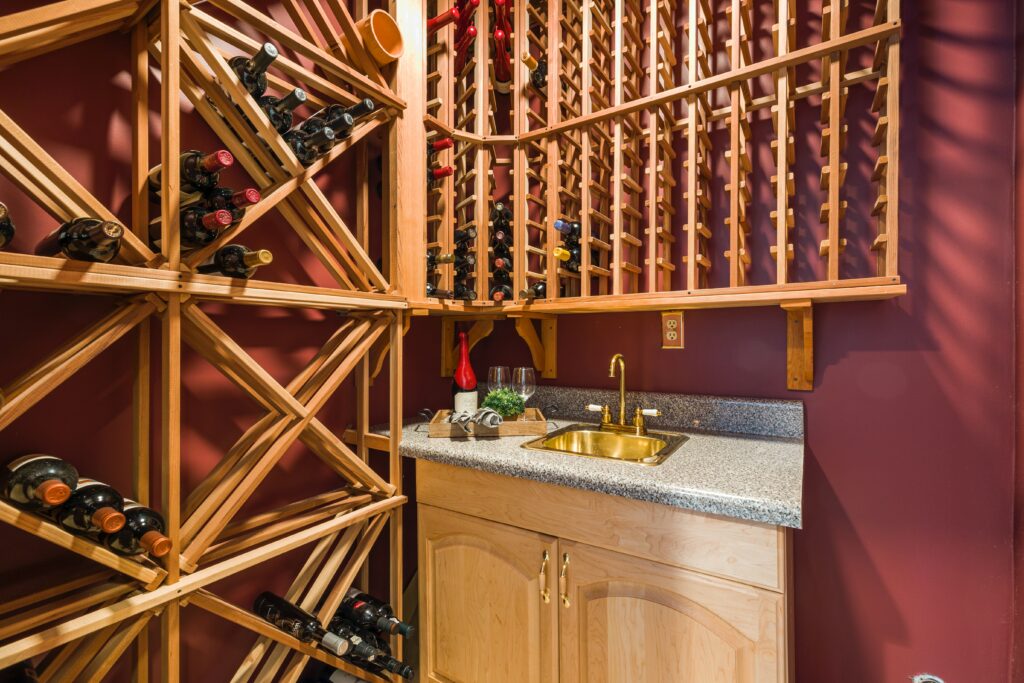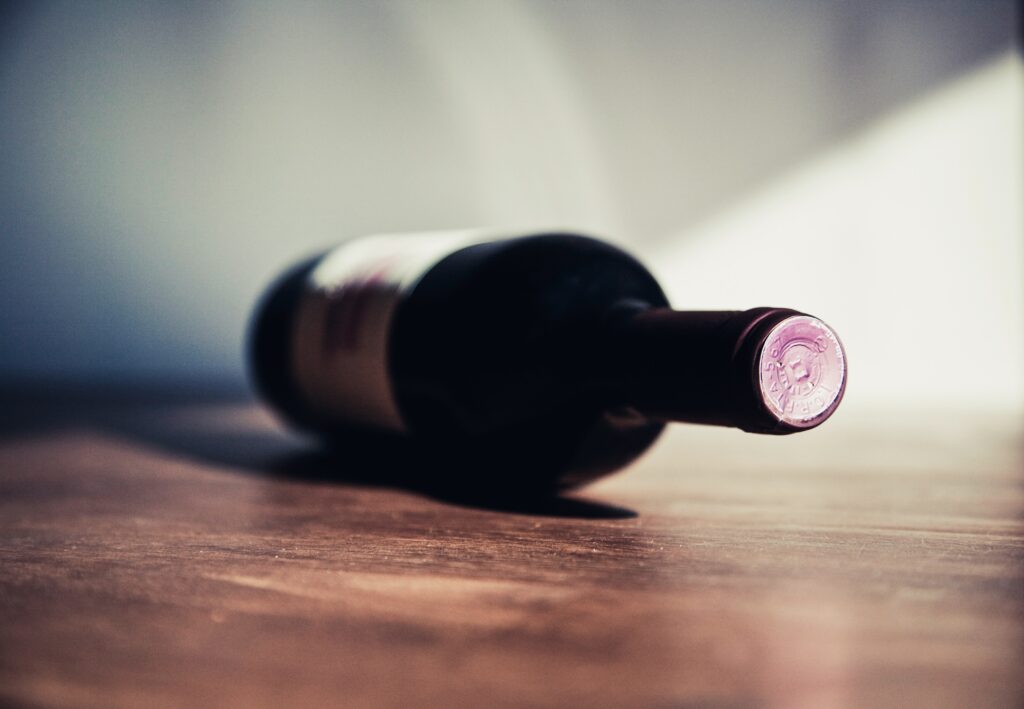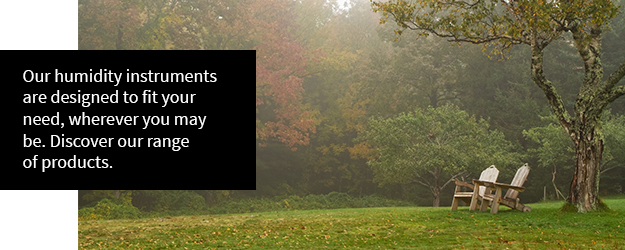Why Wine Cellar Humidity Is Key to Great-Tasting Wine

Storing wine can be a complicated process, but it is something that needs to be done correctly to deliver the best taste. Storage is an important consideration for any wine that is being kept for long-term aging. Most wine produced today is meant for near-term consumption but there are certain situations in which it may be set aside for long-term storage. Wine is one of the few commodities that can improve with age, but it can also quickly deteriorate if kept in imperfect conditions. The three factors that have the most direct impact on a wine’s condition are humidity, temperature, and light.
What Is the Ideal Humidity for a Wine Cellar?
Some degree of humidity is required to keep wines utilizing a cork from drying out. Even when wine bottles are stored on their sides, one side of the cork is still exposed to air. If the cork begins to dry out, it can allow oxygen to enter the bottle, and possibly causing the wine to spoil or oxidize. Excessive humidity can also pose the risk of damaging wine labels, which may hinder identification or hurt potential resale value. A relative humidity of 50% to 70% is recognized as an adequate wine cellar humidity level, with 60% the ideal.
What Temperature Should Your Wine Cellar Be?
Wine is very susceptible to changes in temperature, with temperature control being an important consideration in wine storage. If wine is exposed to elevated temperatures for extended periods of time, it may spoil or develop an off taste. The exact length of time that wine is at risk of exposure to elevated temperatures varies depending on the wine. If the wine is exposed to temperatures that are too cold, the wine can freeze and expand, causing the cork to be pushed out allowing more oxygen to filter into the bottle. Dramatic temperature swings can also cause adverse chemical reactions in the wine that may lead to a variety of wine flaws. The ideal temperature for wine storage should be between 50 and 60 degrees.
The storage condition of the bottled wine will influence a wine’s aging. Vibrations and heat fluctuations can hasten a wine’s deterioration. Wine, in general, has a greater potential to develop complexity and a more aromatic bouquet if it is allowed to age slowly in a cool environment. The lower the temperature, the more slowly a wine develops.
 How Does Light Affect Wine?
How Does Light Affect Wine?
Direct sunlight or room lighting can have an adverse reaction on wine and create potential defects. White wines run the greatest risk from light exposure and are often packaged in darkly tinted bottles that offer some protection from the light. Wines packaged in clear, light green, and blue colored bottles are the most vulnerable to light and may need extra precautions for storage.
12 Tips to Properly Store Wine
When preserved correctly, wine can last for decades, or possibly centuries, increasing in value and quality. But poor storage can spoil even the best wines in the world. Here are some simple tips for storing wine effectively.
- Store wine at the proper temperature
- Store wine bottles horizontally
- Protect wine from light and vibration
- Store wine at the proper humidity
- Store wine in a wine fridge, not a regular fridge
- Store open bottles of wine properly
- Keep the Climate Consistent
- Avoid Direct Sunlight
- Store Wine Away from Strong Odors
- Leave Your Wine Alone Once It is Stored
- Only Refrigerate Wine for Short-Term Storage
- Be Aware of Expiration Dates
Does a Wine Cellar Need a Humidifier?
If your wine cellar is in a cool dry area of the home the short answer is yes. It is imperative to keep the humidity between 50% and 70% so the cork that seals the wine and is tasked with keeping oxygen away, is kept moist to properly expand and do its job.
A cooling unit alone cannot add moisture or humidify cellar air. It needs a humidifier. The best option is a humidifier combined with a cooling unit, so it operates and distributes the moisture evenly in the re-circulating air.
Why You Should Consider a Hygrometer for Your Wine Cellar
If you have a closet, basement, or wine cellar for storing wine, then purchasing a hygrometer such as our ComfortMinder for indoor humidity and temperature is a sound investment. It will enable you to measure the humidity in the enclosed space and correct too-moist or too-dry conditions.
Browse our entire humidity instrument catalog or contact us today for more information.


